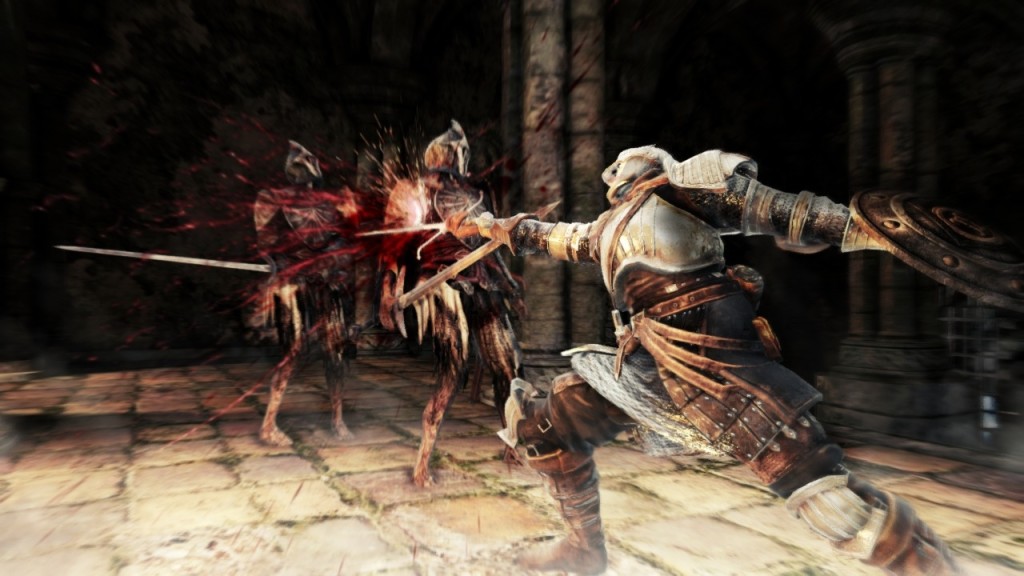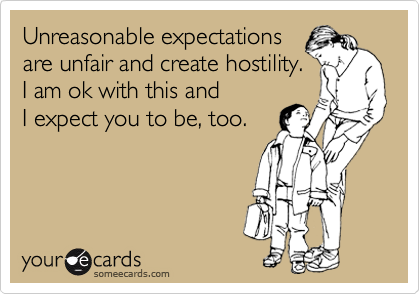 Nearing the end of Dark Souls II‘s exceedingly generous content makes me reflect on my bizarre (perhaps, I don’t know) gaming habits.
Nearing the end of Dark Souls II‘s exceedingly generous content makes me reflect on my bizarre (perhaps, I don’t know) gaming habits.
I realize, at this particular juncture, that this game that held me in its throes will soon come to an end. That’s not a wonderful feeling; for games you enjoy, the light at the end of the tunnel seems little more than a brick wall. I, too, will soon feel the crushing weight of disappointment as a game that I’m thoroughly enjoying comes to a close. Will another game take its place? Will I ever engage in the same way with a different video game?
The answer, not surprisingly, is yes, but leaving a video game you enjoyed so much always puts everything else in perspective. Sometimes, we don’t quite know why we like Game X or Y, even if the critical reception tore the game apart or the game sits outside our genre comfort zone. How can another game really match the one I just completed? Sure, I can find similar video games, or realize that I will enjoy something logically, but it doesn’t always work out that way in practice.
You’ll look at a bunch of games you bought, in the present or almost a decade in the past, and then browse around, but nothing will quite scratch the itch. You spend an hour here, or an hour there, on one video game or another, but none of them really seem as good as what you just played for hours and hours. Maybe I’m experiencing a sunk cost fallacy in my mind or something? The process of browsing a gigantic game library remains a difficult task; too much choice burdens the soul.
And then, voila, one of them will just click. Even if I’ve tried to start that game a million times in the past, I’ll dive right into it, play to completion (whatever I count as “completion”, anyway), and obsess over the game for a few weeks, months, or whatever length of time depending on the game. After I finish it (or, if it has no end, when I finally decide to cut things off), the cycle begins anew with a renewed crushing disappointment to accompany it.
 Is this healthy? I’m not sure. But this strange cycle of obsession and depression, while not an emotional one, plagues my video game habits. In a way, I want to say “why bother?” with the majority of video games and just play the ones I really, REALLY like – which, as you might be able to tell from this blog’s Review and The List archives, isn’t a whole lot. But, I can’t even say that content really lines up with my habits either – I often play games that, objectively, are “bad” in my strange self-imposed criteria, and yet I end up enjoying them immensely. That contrast between the outward appearance and what I actually like is something that is difficult to correct, given that society often tells us we need to have opinions on just about everything. Heck, that’s the whole concept behind blogs in the first place – to spout one’s opinions.
Is this healthy? I’m not sure. But this strange cycle of obsession and depression, while not an emotional one, plagues my video game habits. In a way, I want to say “why bother?” with the majority of video games and just play the ones I really, REALLY like – which, as you might be able to tell from this blog’s Review and The List archives, isn’t a whole lot. But, I can’t even say that content really lines up with my habits either – I often play games that, objectively, are “bad” in my strange self-imposed criteria, and yet I end up enjoying them immensely. That contrast between the outward appearance and what I actually like is something that is difficult to correct, given that society often tells us we need to have opinions on just about everything. Heck, that’s the whole concept behind blogs in the first place – to spout one’s opinions.
But video game cognitive dissonance appears tough to crack, because video games thrive on novelty. A game you didn’t like the first time (Dark Souls II, despite a 4/5 score) might really capture you the next time you play it. A video game type with which you’re unfamiliar (shmups) might end up being a wonderful experience that you play for hours on end, demanding mastery (Mushihimesama). Or, maybe you just want to play something that requires no challenge, only the warm bastion of familiar tropes and battle systems (pick a JRPG, any one. I know, it’s bad for my health, but I can’t help it). And hey, even a game made in the Western world might take my fancy every once and a while (maybe?).
But, forever do you pine for that one ineffable experience, the one you didn’t know was happening until you were self-aware enough to understand that you were already in its throes just before it ends. Frustrating, to say the least. Good games, or at least the ones that stick with you, make all the other games look like absolute crap, if I’m honest. This experience surely takes a different form in your video game habits too, but for me I look at other games in stark relief with the games I personally love – and often, they are found wanting, regardless of whether I should like it or not. Who knows if this is a wrong perspective to take, but I always come into a game that attract me, aesthetically or mechanically, that it will be The One Game to Rule Them All, at least for me.
I guess that speaks to this hope that never seems to die, a completely unreasonable expectation for the future where I kinda know things will disappoint me. Reading through Romans (specifically in Chapter 5), Paul seems to speak to a similar hope that just doesn’t die:
Therefore, having been justified by faith, [a]we have peace with God through our Lord Jesus Christ, 2 through whom also we have obtained our introduction by faith into this grace in which we stand; and [b]we exult in hope of the glory of God. 3 And not only this, but [c]we also exult in our tribulations, knowing that tribulation brings about perseverance; 4 and perseverance, proven character; and proven character, hope; 5 and hope does not disappoint, because the love of God has been poured out within our hearts through the Holy Spirit who was given to us.
Paul tries to explain how this whole “justified by grace though under the Law” thing works, and he does a marvelous job at it! And Paul knows that the Christian future holds something else entirely, something beyond all expectations (hence the “rubbish” of everything else). Christians should have unreasonable expectations, because that’s what we’re meant to have. Otherwise, this whole “religion” or “relationship” thing (for your evangelical Protestant folk who hate the former word) wouldn’t work at all! Future hopes and expectations are the foundation and bedrock of the Christian life, and I see no reason why that does not extend to our lives, our work, our hobbies, and everything else we embark upon.
Have some unreasonable expectations; I know I do.
